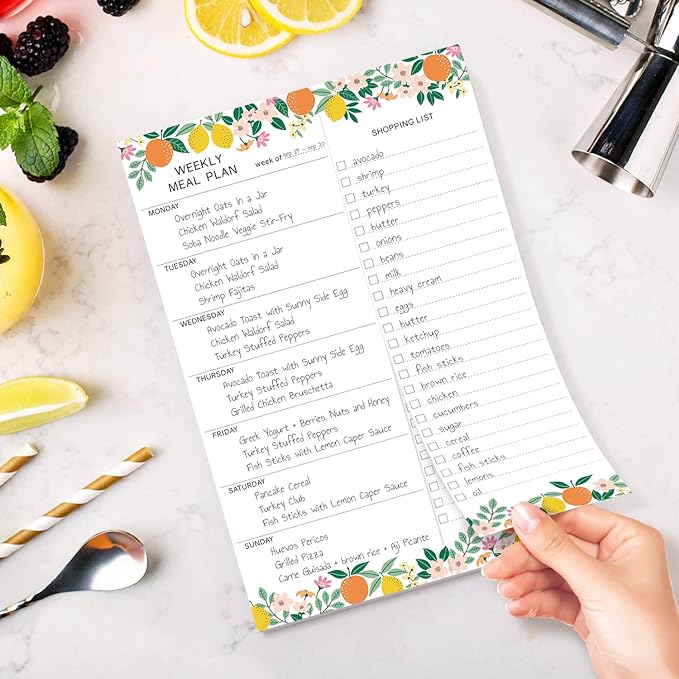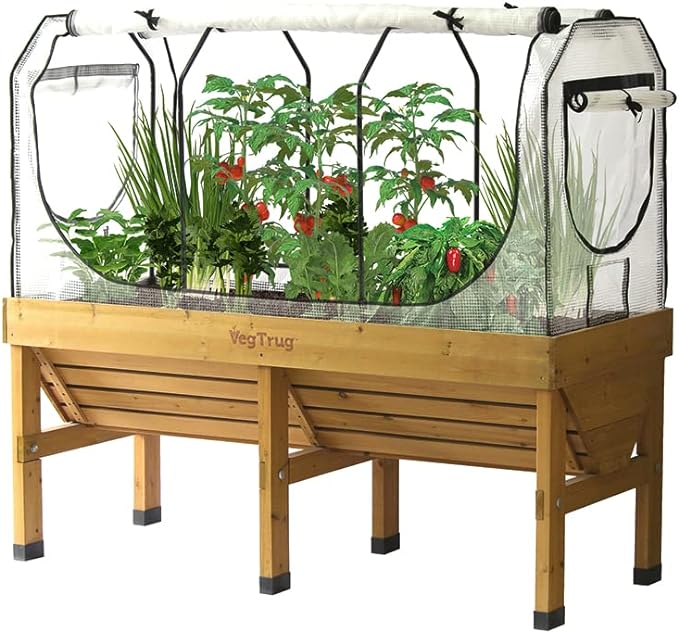Introduction
Welcome to the ultimate guide for frugal living in the UK! In this comprehensive blog post, we’ve pulled together 30 practical tips to frugal living on a small budget. Whether you’re looking to save money, cut unnecessary expenses, or simply adopt a more mindful approach to your finances, our tips are tailored to the unique aspects of frugal living in the United Kingdom.
From shopping strategies and energy-saving habits to embracing secondhand treasures and maximizing discounts, we’ve covered it all. Each tip is designed to help you make informed choices that align with your financial goals, allowing you to thrive on a budget while enjoying a fulfilling and sustainable lifestyle. Let’s embark on a journey towards financial freedom and discover the joy of frugal living together!
What is Frugal Living
Frugal living in the UK is a lifestyle centered on careful spending and resourcefulness. It involves making intentional choices to maximize your money and minimize unnecessary expenses. Embracing a frugal lifestyle in the UK means adopting smart strategies like budgeting, meal planning, and using discounts to ensure every pound is well-spent. It encourages conscious consumerism, emphasizing the value of secondhand purchases and sustainable practices. Frugal living doesn’t mean sacrificing quality of life; instead, it allows you to make informed financial decisions, and create a sense of financial security.
Why Live Frugally
Frugal living in the UK is important for those looking to save for a house deposit or effectively manage debt. Others may be looking to budget more wisely or have a specific savings goal in mind. With the high costs of housing, living a frugal lifestyle becomes a strategic choice to build funds for a substantial deposit. By curbing unnecessary expenses, you can redirect income towards savings, inching closer to your goals. Additionally, frugality helps debt management, allowing individuals to allocate resources to pay off debts faster, and avoid accumulating further financial burdens. It serves as a powerful financial tool, using discipline and resilience while navigating the challenges of the UK’s economic landscape and achieving long-term financial goals.
30 Tips For Frugal Living
1. Create A Budget
Start by evaluating your income and expenses, then create a realistic budget to guide your spending. Check out our Budgeting Tips : A 10 Step Guide To Master Your Finances
2. Meal Planning
Plan your meals ahead, create shopping lists, and avoid unnecessary food waste. Use a weekly meal planner to help keep you organised
3. Change Supermarkets
Switching supermarkets can save big! Compare prices, explore discounts, and discover budget-friendly options for substantial savings on your grocery bills.
4. Use Cashback Apps
Explore cashback apps and websites to earn money back on your everyday purchases. Apps like Revolut offer cashback when you spend through their platform.
5. Second Hand Shopping
Visit charity shops and online platforms for secondhand items like clothing, furniture, and household goods. Vinted is a great app for buying second hand clothing.
6. Carpool/ Ride Sharing
Share rides with others or use ride-sharing services to cut transportation costs, reducing fuel and maintenance expenses. Take turns on driving to work with a nearby colleague.
7. Energy Saving Habits
Implement energy-saving practices at home, such as turning off lights, using energy-efficient appliances, and insulating your home. Replace light bulbs for energy saving alternatives
8. Cancel Unnecessary Subscriptions
Review your subscriptions and cancel any that you don’t use frequently. Consider changing others for cheaper subscriptions if possible.
9. DIY Home Repairs
Learn basic DIY skills for home maintenance to avoid hiring professionals for minor repairs. Invest in a DIY tool kit for your jobs.
10. Free Entertainment
Explore local parks, museums with free entry days and community events for cost-free entertainment.
11. Library Usage
Borrow books, movies, and magazines from the library instead of purchasing them.
12. Bulk Buying
Purchase non-perishable items in bulk to take advantage of discounts and reduce packaging waste.
13. Reusable Products
Invest in reusable items such as water bottles, shopping bags, and containers to cut down on disposable expenses.
14. Switch Utility Providers
Regularly review utility providers to ensure you’re getting the best deals on gas, electricity, and internet services.
15. Homemade Cleaning Products
Create your own cleaning solutions using basic household items like vinegar and baking soda.
16. Buy In Season
Choose fruits and vegetables that are in season for better prices and freshness.
17. Free Fitness
Utilize free workout resources, such as outdoor jogging, home workouts, or community fitness classes.
18. No Spend Days
Designate specific days where you don’t spend any money to avoid unnecessary expenses.
19. Plan For Sales & Discounts
Time major purchases to coincide with sales seasons to secure better deals, such as Black Friday or Cyber Monday.
20. Rent Instead Of Buying
If you need an item infrequently, consider renting it instead of purchasing. Tools can be hired from local tool hire stores.
21. Batch Cooking
Cook meals in batches and freeze portions for later to save time and money. Store cooked foods in prep containers.
22. Digital Deals & Vouchers
Look for online deals and vouchers before making any purchases, especially for larger expenses.
23. Homemade Gifts
Create personalized gifts for special occasions instead of buying expensive presents. Personalized gifts are often more thoughtful.
24. Online Learning
Instead of expensive workshops, explore online courses and DIY resources for continuous learning without breaking the bank. Learning a new skill can be used for extra income.
25. Grow Your Own Fruit & Veg
Cultivate your garden for fresh fruits and vegetables. Growing your own produce saves money and offers organic, nutritious options. Use a Veg Trug as an efficient raised bed.
26. Repair Clothing
Learn basic sewing skills to repair clothing instead of discarding items due to minor damages.
27. Sell Old For New
Before purchasing new items, consider selling or trading in old possessions. This not only offsets costs but also declutters your space.
28. Cash Envelope System
Use the cash envelope system for various spending categories to avoid overspending. Try the 100 envelopes challenge.
29. Local Makers Markets
Explore local markets for fresh produce and handmade goods, often at lower prices than supermarkets.
30. Install Solar Panels
Consider installing solar panels on your property. While the initial investment may be significant, solar energy can substantially reduce your long-term electricity costs.
Conclusion
In conclusion, embracing a frugal lifestyle in the UK is not just about cutting costs; it’s a strategic and mindful approach to financial well-being. Through the 30 practical tips discussed, from budgeting basics to harnessing renewable energy, we’ve explored avenues to save money, manage debt, and achieve financial goals. Whether you’re aspiring to own a home, reduce utility bills, or simply lead a more sustainable life, frugal living empowers you to make informed choices. It’s about cultivating resilience, discipline, and a sense of purpose in managing resources. By adopting these practices, you’re not just navigating the economic landscape; you’re actively shaping a more secure and fulfilling future.
Author's Call To Action
If you have questions, seek personalized advice, or want to share your success stories, we’re here for you. Contact us through our website’s contact form or leave a comment. Join our community of like-minded individuals exploring the path to financial growth. Your journey matters, and we’re excited to be part of it.







